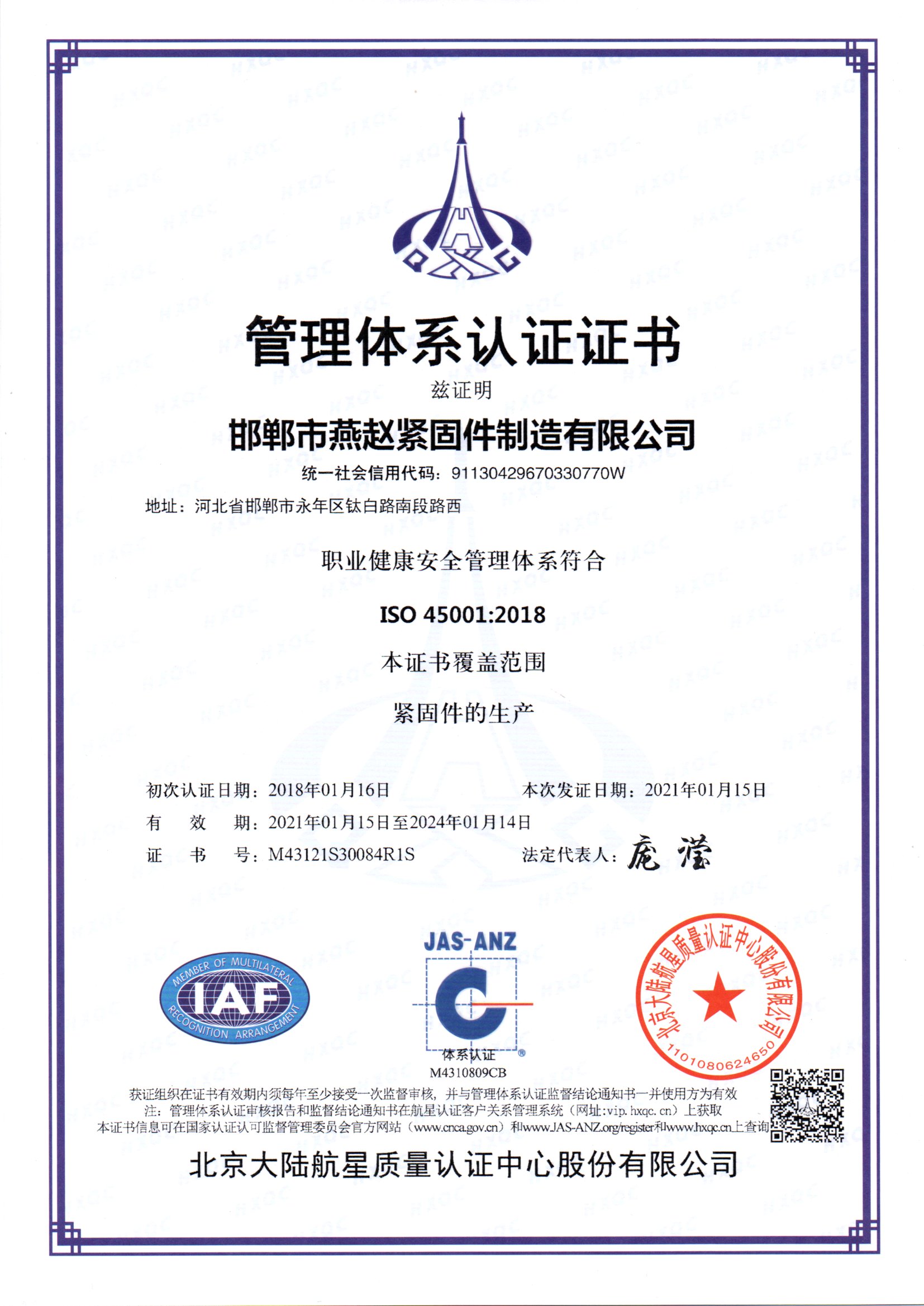Advantages and Applications of Self-Drilling Screws in Construction and DIY Projects
Oct . 10, 2024 12:22 Back to list
Advantages and Applications of Self-Drilling Screws in Construction and DIY Projects
Understanding Self-Drilling Screws A Comprehensive Overview
Self-drilling screws are a type of fastener designed to eliminate the need for pre-drilling holes in various materials, making them a preferred choice in construction and manufacturing. These innovative screws feature a unique tip that drills into the material as the screw is turned, allowing for quick and efficient assembly.
The Anatomy of Self-Drilling Screws
The primary components of a self-drilling screw include the head, the shank, the threads, and the drill point. The drill point is perhaps the most crucial feature, as it is specially designed to create a hole in the material while also allowing the screw to anchor securely. This design streamlines the fastening process, saving time and effort.
Self-drilling screws are typically made from high-strength materials, such as stainless steel or carbon steel, to provide durability and resistance to rust and corrosion. They can also be coated with various finishes, such as zinc plating, to enhance their protective qualities and improve their aesthetic appearance.
Applications of Self-Drilling Screws
These screws are widely used in various industries, including construction, automotive, and appliance manufacturing. In construction, self-drilling screws are favored for fastening metal to metal or metal to wood. They are particularly useful in roofing applications, where they are utilized to attach metal sheets to wooden or metal frameworks efficiently.
In the automotive industry, self-drilling screws play a vital role in automobile assembly, where speed and reliability are paramount. Similarly, in appliance manufacturing, these screws are ideal for assembling components quickly while ensuring a strong and secure fit.
self drilling screws

Advantages of Self-Drilling Screws
One of the main advantages of self-drilling screws is the time savings they offer. By eliminating the need for pre-drilling, workers can complete projects faster, leading to increased productivity. Additionally, the reduced reliance on additional tools minimizes complexity on the job site, making these screws a favorite among contractors and builders.
Another benefit is the consistency and reliability of their fastening capabilities. Self-drilling screws are engineered to maintain integrity under various conditions, providing a strong hold that can withstand tension and movement over time. This reliability reduces the likelihood of fastener failure, which can be costly and dangerous.
Considerations When Using Self-Drilling Screws
While self-drilling screws offer numerous benefits, it is essential to choose the right type for the specific application. Factors such as material thickness, type of material, and environmental conditions must be considered. Using the wrong type of screw can lead to poor performance or failure.
Additionally, proper installation techniques are crucial to ensure the effectiveness of self-drilling screws. Over-tightening can strip the material, while under-tightening can lead to inadequate holding strength. Therefore, it is vital to follow manufacturer guidelines and use the appropriate tools when working with these fasteners.
Conclusion
Self-drilling screws represent a significant advancement in fastening technology, providing efficiency, reliability, and ease of use. Their ability to simplify the construction process has made them indispensable across various industries. As innovations continue to emerge, the applications and effectiveness of self-drilling screws are likely to expand, further solidifying their role as a crucial element in modern assembly and construction practices.
Latest news
-
Reliable Axle Nuts Supplier | Quality & Precision Fasteners
NewsAug.23,2025
-
Durable Bolts for Lawn Mower Handle - Top Supplier & Manufacturer
NewsAug.22,2025
-
High-Quality Bolts for Lawn Mower Handle Supplier & Manufacturer
NewsAug.21,2025
-
Reliable Axle Nuts Supplier | High-Quality Automotive Parts
NewsAug.19,2025
-
Premium Wire Bolts Suppliers | Durable & Reliable Fasteners
NewsAug.18,2025
-
Leading Metric Wood Screw Companies & Manufacturers
NewsAug.17,2025
